Yacouba Sawadogo Is An Exceptional Man – He Single-handedly Managed To Solve A Crisis That Many Scientists

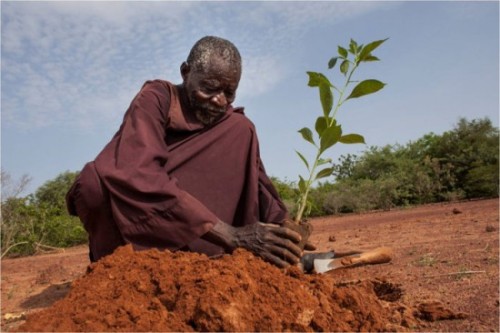

Yacouba Sawadogo is an exceptional man – he single-handedly managed to solve a crisis that many scientists and development organizations could not. The simple old farmer’s re-forestation and soil conservation techniques are so effective they’ve helped turn the tide in the fight against the desertification of the harsh lands in northern Burkina Faso.
Over-farming, over-grazing and over population have, over the years, resulted in heavy soil erosion and drying in this landlocked West African nation. Although national and international researchers tried to fix the grave situation, it really didn’t really make much of a difference. Until Yacouba decided to take matters into his own hands in 1980.
Yacouba’s methods were so odd that his fellow farmers ridiculed him. But when his techniques successfully regenerated the forest, they were forced to sit up and take notice. Yacouba revived an ancient African farming practice called ‘zai’, which led to forest growth and increased soil quality.
(Fact Source) Follow Ultrafacts for more facts
More Posts from Copperfingertips and Others

~ the pondering muse🌙
Where have all the bugs gone? That’s what this post tries to answer and if you’re like me and hadn’t really noticed the lack of bugs recently, you’ll understand why this is such a big deal after reading the article. However, before we dive into this article, I want to share with you what I’ve noticed.
I’ve lived in Missouri for almost 19 years now, about a decade ago I remember windshields so full of bug splats that you couldn’t see out of it while driving down the highway and cringing at the *thump* of especially large bugs when they hit. I remember a season where when I rode my bike around town I couldn’t not hit a grasshopper because there were more than I could count all over the roads and fields. Last summer however? I remember pulling a single butterfly from the grill of my dad’s truck. That’s it… There were no more bugs. …
Here’s how plentiful our world used to be. We tend to think that the environmental conditions that we are born into are normal, but it is anything but normal.
“In “The Once and Future World,” the journalist J.B. MacKinnon cites records from recent centuries that hint at what has only just been lost: “In the North Atlantic, a school of cod stalls a tall ship in midocean; off Sydney, Australia, a ship’s captain sails from noon until sunset through pods of sperm whales as far as the eye can see. … Pacific pioneers complain to the authorities that splashing salmon threaten to swamp their canoes.” There were reports of lions in the south of France, walruses at the mouth of the Thames, flocks of birds that took three days to fly overhead, as many as 100 blue whales in the Southern Ocean for every one that’s there now. “These are not sights from some ancient age of fire and ice,” MacKinnon writes. “We are talking about things seen by human eyes, recalled in human memory.”“
So, when you read the above article, please understand how dire these circumstances are for us and our planet. Ok, so what are the highlights of the article?
“A 2013 paper in Nature, which modeled both natural and computer-generated food webs, suggested that a loss of even 30 percent of a species’ abundance can be so destabilizing that other species start going fully, numerically extinct — in fact, 80 percent of the time it was a secondarily affected creature that was the first to disappear.”
- Drastic drops in insect populations have been recorded globally.
- World’s largest king penguin colony shrank by 88%.
- Blue-fin Tuna populations have shrunk 97%.
- 60% decrease in total wild land animal populations.
- 96% of the planet’s biomass now is humans and livestock. Wild animals represent less than 4%. …
- 10-60% less arthropod biomass in Puerto Rico.
- 50-80% drops in partridges from France due to the lack of insects they eat.
- 50% of all farmland birds in Europe are gone.
- Birds which rely on insects may be starving to death due to their collapse.
These are some drastic decreases and we tend to forget that all species are connected. When we loose one species, we can loose all the species that rely on it. We need to recognize what is happening around us with our environment and our planet. We need to know, that what we are seeing today, isn’t normal.


Giethoorn in Netherlands has no roads or any modern transportation at all, only canals. Well, and 176 bridges too. Tourists have to leave their cars outside of the village and travel here by foot or boat by. So you can probably imagine how peaceful it is here.










I’m using a plant to catch a leak in the ceiling. “No such thing as waste in a permaculture system,” right?
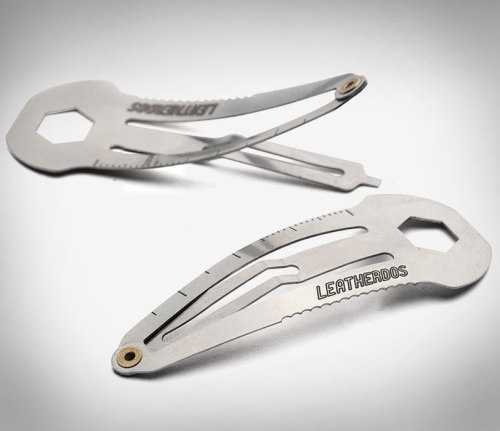
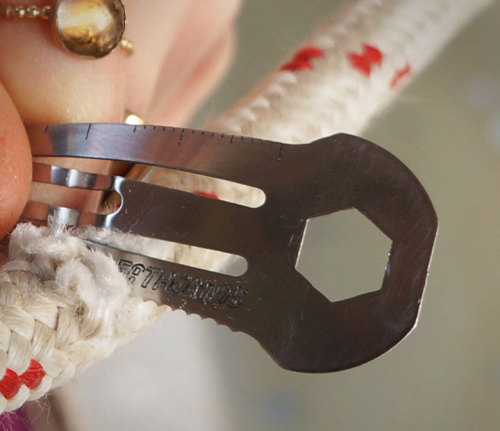
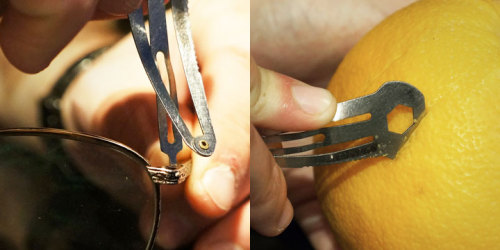
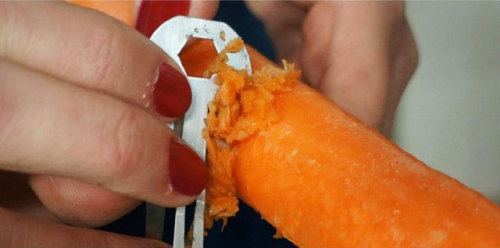
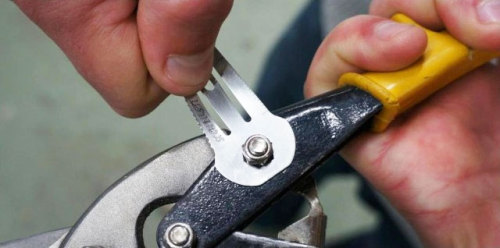
The Leatherdos is a hair clip that doubles as a multi-tool that combines 5 different tools in a tiny hair clip: screw-drivers, a wrench, a trolley coin, a ruler, and a cutting edge.
—->http://odditymall.com/leatherdos-is-a-hair-clip-multi-tool
7 reasons why solarpunk is the most important speculative fiction movement in the last 20 years
It’s hopeful. Solarpunk doesn’t require an apocalypse. It’s a world in which humans haven’t destroyed ourselves and our environment, where we’ve pulled back just in time to stop the slow destruction of our planet. We’ve learned to use science wisely, for the betterment of ourselves and our planet. We’re no longer overlords. We’re caretakers. We’re gardeners.
Scientists are heroes again. And not just physicists and astronomers. Knowledge of biology and earth sciences matter, they’re the building blocks for a future on Earth. Scientific literacy isn’t just for academics – it’s part of daily life. People know how the things they use work, and if they don’t, they can access that information.
It’s diverse. Solarpunk is rooted in using the environment, so it looks different in different places. Alternative energy is best when specific to place (I imagine geothermal, wind, tidal, and hydroelectric energy sources are still used in certain places) so no overarching government system is needed. Communities can organize themselves, taking their own location and needs and history into account. Brazilian, Inuit, Egyptian, Pacific Northwest, and New Zealand solarpunk can all look very different, but be unified in resourceful, intentional, low impact living.
Individuality still matters. In a post-scarcity society, ingenuity and self-expression are not sacrificed on the altar of survival. With solar power there’s no reason not to go off grid, if that’s what you want to do. Communities can self-organize. You can find a community that suits you, or go live by yourself if that floats your boat.
There’s room for spirituality and science to coexist. Solarpunk is rooted in a deep understanding and reverence for natural processes. There’s room for spirituality there, be it pagan, Buddhist, Sufi, Transcendentalism – anything. There’s so much to explore, from nature worship to organized monotheistic religions, and how they interact with solarpunk.
It’s beautiful. The most common solarpunk aesthetic is art nouveau, but again there’s room for diversity, incorporating art styles from multiple cultures in respectful, non-appropriative ways. The most important aspect of solarpunk aesthetic is the melding of art and utility. The idea of intentional living is strong in art nouveau, but it’s not the only art movement with that philosophy.
We can make it happen. Now. Earthships. Permaculture. Aquaponics. Algae lighting. Compostable products that turn into fields of flowers. Buy Nothing organizations. Tiny, beautiful, efficient homes. Solar power cells you can see through. That’s all happening now. Solarpunk is within our grasp, at least on a personal level. I’m not saying there aren’t still big, ugly infrastructures devoted to unethical consumption, but we can start to tear them down. We can build a solarpunk world with stories and small changes. And small changes lead to big changes. That’s the real beauty of solarpunk. It’s not a post-apocalyptic power fantasy. It’s not a wistful daydream, or an elite future only for physicists. It’s something we can work towards right now. It’s tangible.
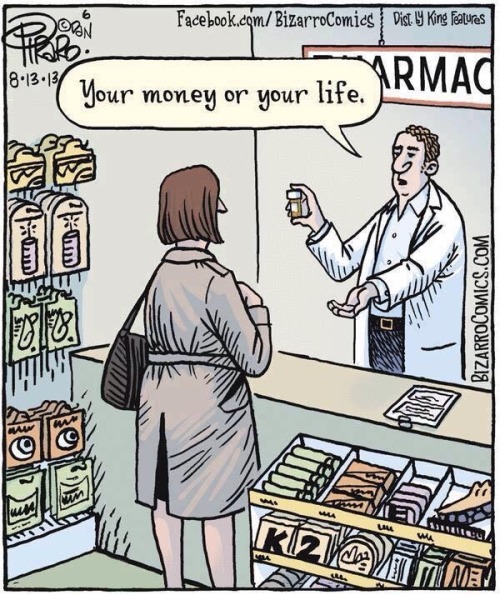

I didn’t do the inktober this year, but I had fun with a tiny house :3
-
 astron3wt liked this · 2 months ago
astron3wt liked this · 2 months ago -
 sillykelvi reblogged this · 4 months ago
sillykelvi reblogged this · 4 months ago -
 falseandrealultravival liked this · 4 months ago
falseandrealultravival liked this · 4 months ago -
 daydreams-and-tea reblogged this · 4 months ago
daydreams-and-tea reblogged this · 4 months ago -
 wandering-not-lost04 liked this · 4 months ago
wandering-not-lost04 liked this · 4 months ago -
 sisdiss liked this · 4 months ago
sisdiss liked this · 4 months ago -
 howdidthisevenhappenanyway reblogged this · 4 months ago
howdidthisevenhappenanyway reblogged this · 4 months ago -
 haveahearttinman reblogged this · 5 months ago
haveahearttinman reblogged this · 5 months ago -
 turmaliini reblogged this · 5 months ago
turmaliini reblogged this · 5 months ago -
 mandaboss reblogged this · 5 months ago
mandaboss reblogged this · 5 months ago -
 cutthroatchorus reblogged this · 5 months ago
cutthroatchorus reblogged this · 5 months ago -
 aro-ace-from-outer-space22 liked this · 5 months ago
aro-ace-from-outer-space22 liked this · 5 months ago -
 belladonna-rx reblogged this · 6 months ago
belladonna-rx reblogged this · 6 months ago -
 kawaiikoffing liked this · 7 months ago
kawaiikoffing liked this · 7 months ago -
 jackedjacket reblogged this · 7 months ago
jackedjacket reblogged this · 7 months ago -
 annoyingpinkmoon liked this · 7 months ago
annoyingpinkmoon liked this · 7 months ago -
 bitchycatwizard reblogged this · 7 months ago
bitchycatwizard reblogged this · 7 months ago -
 larckla reblogged this · 7 months ago
larckla reblogged this · 7 months ago -
 ninjabearclaw liked this · 7 months ago
ninjabearclaw liked this · 7 months ago -
 lazyj69 liked this · 7 months ago
lazyj69 liked this · 7 months ago -
 haveahearttinman reblogged this · 7 months ago
haveahearttinman reblogged this · 7 months ago -
 managerie76 reblogged this · 7 months ago
managerie76 reblogged this · 7 months ago -
 yuuforria liked this · 8 months ago
yuuforria liked this · 8 months ago -
 nerdintheforest reblogged this · 8 months ago
nerdintheforest reblogged this · 8 months ago -
 tribigirl reblogged this · 8 months ago
tribigirl reblogged this · 8 months ago -
 stanfave reblogged this · 8 months ago
stanfave reblogged this · 8 months ago -
 ssolson liked this · 8 months ago
ssolson liked this · 8 months ago -
 strawberrypanda1 liked this · 8 months ago
strawberrypanda1 liked this · 8 months ago -
 oliveswiftly liked this · 8 months ago
oliveswiftly liked this · 8 months ago -
 destructionnearyou liked this · 8 months ago
destructionnearyou liked this · 8 months ago -
 sapphic-legends reblogged this · 8 months ago
sapphic-legends reblogged this · 8 months ago -
 jadedemilich reblogged this · 8 months ago
jadedemilich reblogged this · 8 months ago -
 a-lc01 liked this · 8 months ago
a-lc01 liked this · 8 months ago -
 rednecktoreason reblogged this · 8 months ago
rednecktoreason reblogged this · 8 months ago -
 serfina liked this · 8 months ago
serfina liked this · 8 months ago -
 trulyyoursdevil reblogged this · 8 months ago
trulyyoursdevil reblogged this · 8 months ago -
 trulyyoursdevil liked this · 8 months ago
trulyyoursdevil liked this · 8 months ago -
 supsuputingurang liked this · 8 months ago
supsuputingurang liked this · 8 months ago -
 booklover51 reblogged this · 8 months ago
booklover51 reblogged this · 8 months ago -
 booklover51 liked this · 8 months ago
booklover51 liked this · 8 months ago -
 cassandra-the-wonder-whore liked this · 8 months ago
cassandra-the-wonder-whore liked this · 8 months ago





